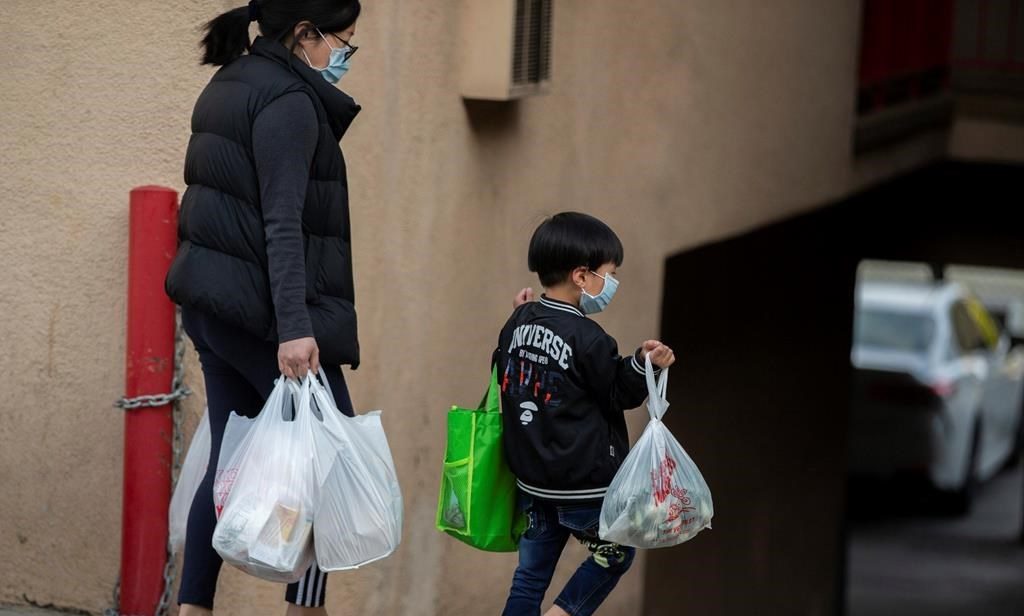When it comes to COVID-19, why do some infected children become severely ill while others have no symptoms at all? Why does the virus tend to hit adults harder than kids? And what role do little ones play in spreading the virus?

Those are the mysteries Alberta researchers hope to help solve with a new study based in Calgary.
“We want to better understand how contagious children are, precisely how the virus is affecting their young bodies and how children develop immunity against COVID-19,” the University of Calgary’s Dr. Jim Kellner said in a news release.
Experts in infectious diseases, immunology, virology, genomics and public health will work together to study the immune response of Alberta children who were tested for the virus. They will also look at the participants’ genetic makeup, along with the genetic makeup of the coronavirus itself.
“You can understand where that virus has come from as it gets transmitted… so we’re interested in looking at that to understand the role of kids in infection transmission patterns.”

Get weekly health news
WATCH: Do kids and adults suffer the same COVID-19 symptoms?
Bernier, the head of the university’s department of medical genetics, adds that information is important when it comes to reopening schools.
There are many theories about why children are generally not as affected by COVID-19 as adults.
“[Children have] an immune system that’s still maturing and evolving that might be able to tolerate infection or fight infection more aggressively,” Bernier said.
On the other hand, young immune systems could be less aggressive while adult bodies overreact, leading to severe complications.
Another theory is that the virus simply has easier access to adults.
“There’s a sense that maybe even just the number of receptors we have in our nose and in our lungs might be different based on age,” Bernier said. “That receptor is what the virus uses to latch on and get into the cell.”
“Maybe kids have less of these receptors and we increase them as we get older.”
The project is funded by Genome Alberta and the Alberta Children’s Hospital Foundation. The results will be shared with research teams across Canada and around the world, and may help in vaccine development.
“There is a hope that the work is not just about kids,” said Bernier.
Watch below: Some Global News videos about children and COVID-19.





Comments